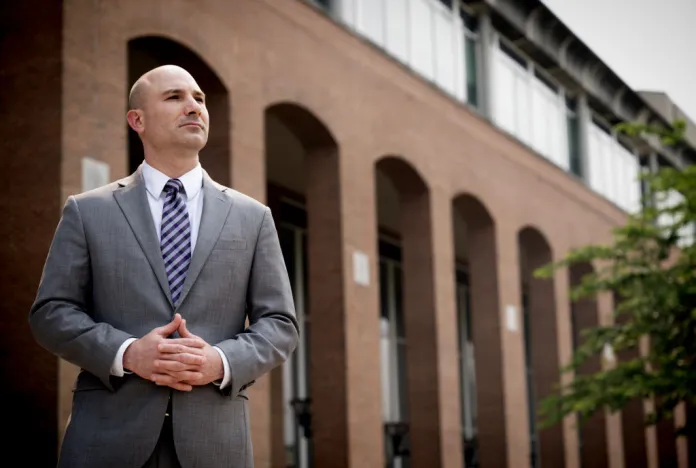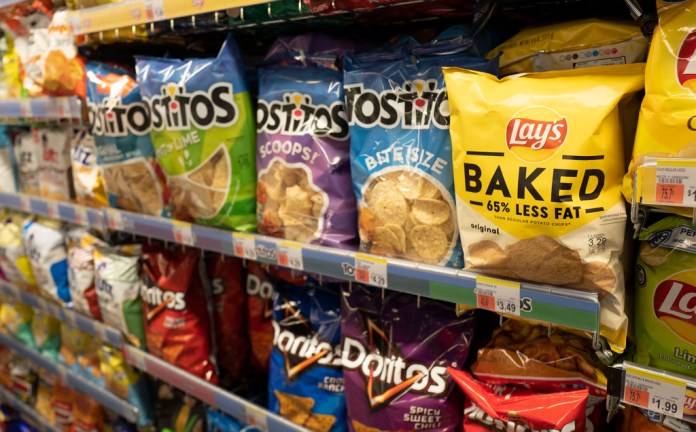San Francisco DA slams cycle of letting drug offenders walk free before trial
The article reports on San Francisco District Attorney Brooke Jenkins’s criticism of the practice of releasing repeat drug offenders before their trials. Jenkins argues that this cycle allows offenders to reoffend, contributing substantially to rising crime rates, especially in the Tenderloin district-a neighborhood plagued by open-air drug use and trafficking. Despite arrests and felony charges, many defendants are released pretrial, which frustrates law enforcement and prosecutors trying to address drug-related crime.
Jenkins highlighted that from recent narcotics-related arrests, a majority of those charged were released, some with conditions like ankle monitors or stay-away orders. She stressed that repeat offenders often receive multiple chances,perpetuating a revolving door between the streets and courtrooms. Her office cited statistics showing over a thousand defendants with pending felony narcotics cases, many with outstanding bench warrants for failing to appear in court.
The article also discusses Proposition 36, approved by voters, which strengthens penalties for repeated drug offenses and allows judges to order rehabilitation. However, the San Francisco Public Defender’s Office pushed back on Jenkins’s comments, emphasizing the presumption of innocence and arguing that missed court dates can have legitimate reasons.Additionally, the San Francisco Bar Association acknowledged Jenkins’s concerns but noted that judges must apply a legal standard requiring the least restrictive means to ensure public safety and court appearance, frequently enough leading to decisions for non-monetary release conditions.
the piece outlines the tension in San Francisco’s criminal justice system between public safety concerns over drug-related crime and legal protections for defendants awaiting trial.
San Francisco DA slams cycle of letting drug offenders walk free before trial
San Francisco District Attorney Brooke Jenkins has criticized the practice of releasing repeat drug offenders ahead of their court date, claiming it’s creating a roster of rotating defendants who have contributed to the city’s crime rates.
Jenkins said at a community meeting this week that letting repeat offenders out of custody, only for them to reoffend, is a cycle that has continued to frustrate law enforcement officials as well as prosecutors in her office.
“The community, especially in the Tenderloin, find it abhorrent, right?” she said. “To have to keep dealing with the same problem each and every day.”
The Tenderloin district in San Francisco has continued to see high levels of drug use and crime tied to it. There are open-air drug dens where fentanyl, a synthetic opioid, and methamphetamine are bought and sold like candy. Law enforcement crackdowns have led to multiple arrests and narcotics seizures, but the court system has seemingly blunted efforts by allowing people who were arrested back on the streets within hours in some cases, Jenkins alleged.
This week, her office said 11 people were charged with multiple felonies in connection with narcotics trafficking in the Tenderloin and that eight had been released.
One person who was released pre-arraignment by a duty magistrate failed to appear for arraignment on Sept. 30, and a bench warrant was issued for his arrest. Four others were arraigned on Sept. 29, three on Sept. 30, and three on Oct. 1 in San Francisco Superior Court. Six of the 11 arrested were also charged with enhancements allowed in Proposition 36, which voters overwhelmingly approved last year.
Proposition 36 strengthens penalties for people who have repeatedly been convicted of using and dealing hard drugs such as fentanyl. The measure also gives judges the authority to order people with multiple drug charges into rehab and undoes some of the changes the state made a decade ago through Proposition 47.
Prosecutors sought to detain seven of the 11 individuals without bail and to detain another in custody via a motion to revoke his current felony probation. Of those, only three remained in custody, though the court set bail for them. Seven were released by the court with orders to stay away from the place where they were arrested. An eighth person was released with an ankle monitor.
“We simply cannot live in a society where we let people tell us over and over again that they will not respect the law,” Jenkins said, adding that repeat drug offenders often get multiple chances. “That is part of the problem of why we continue to see repeat offenders in and out of our stores, on our streets, rotating through our courtrooms: Because until we take the responsible position, when somebody’s clearly putting people in danger, clearly demonstrating to us that they will not follow the law so that we can figure out a plan for them, that will help them follow the law, we’re in this cycle.”
As of Sept. 27, Jenkins’s office said it had 1,152 defendants with pending felony narcotics cases, of which more than half have bench warrants issued for failure to appear in court. Of that group of 681 defendants, 173 individuals have more than one case in bench warrant status, and two individuals each have five cases in bench warrant status.
As of Sept. 25, there were only 129 people in custody for 1,152 open narcotics cases. Of those, 100 have more than one pending case, 53 have more than two pending cases, and one person has nine pending felony narcotics cases.
Jenkins’s frustration might have had a receptive audience at the community meeting in the Tenderloin, but it did not sit well at the San Francisco Public Defender’s Office.
“Our legal system is based on the presumption of innocence,” the office said in a statement. “This fear mongering is another attempt by the District Attorney to attack the independence of the judiciary, further pack our already crowded jails, and put her thumb on the scale of these pending cases.”
The office also stated that people “may miss court dates for a number of understandable reasons — such as work, childcare or miscommunication over scheduling — and they usually make up for it by attending their next court date.”
Charles Jung, president of the San Francisco Bar Association, told the San Francisco Chronicle that he understood Jenkins’s point of view but added that “we also need to be fair to the judges and the courts.”
TRUMP SAYS US IN ‘ARMED CONFLICT’ WITH DRUG CARTELS IN MEMO TO CONGRESS
He added that judges are required to follow state law that calls for them to impose the “least restrictive means necessary” to keep the public safe as well as to ensure the defendant returns to court.
“This means that even if a defendant has reoffended, a judge must prioritize non-monetary conditions like electronic monitoring unless prosecutors can prove with ‘clear and convincing evidence’ that no combination of alternatives would be sufficient to keep the public safe,” Jung said. “Therefore, a defendant’s release is not necessarily a judge exercising their discretion in a lenient way, but rather a direct application of this high legal standard.”
" Conservative News Daily does not always share or support the views and opinions expressed here; they are just those of the writer."




